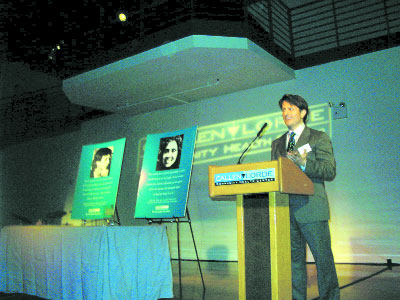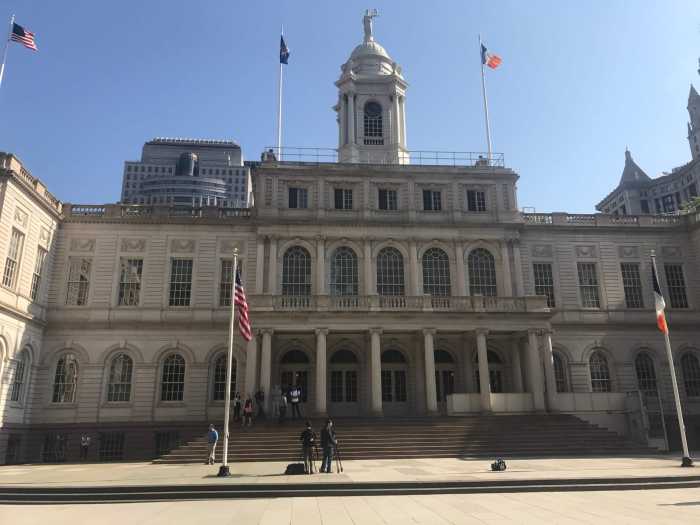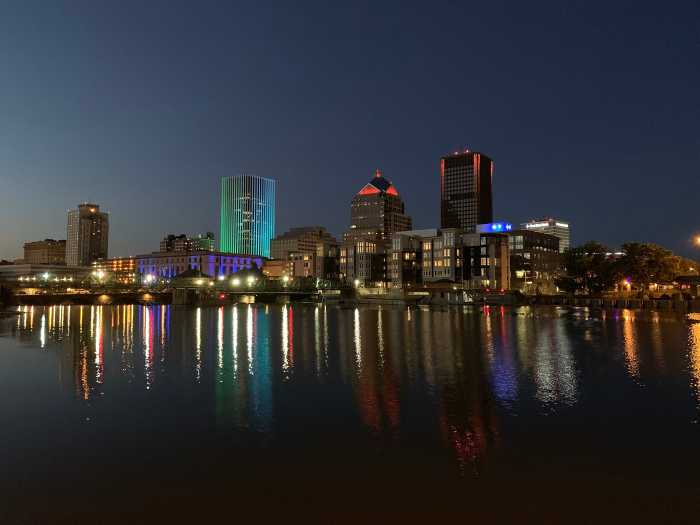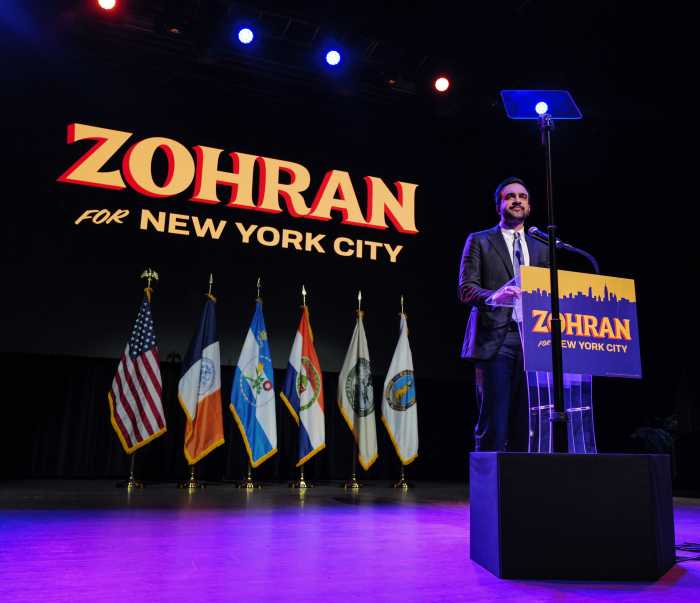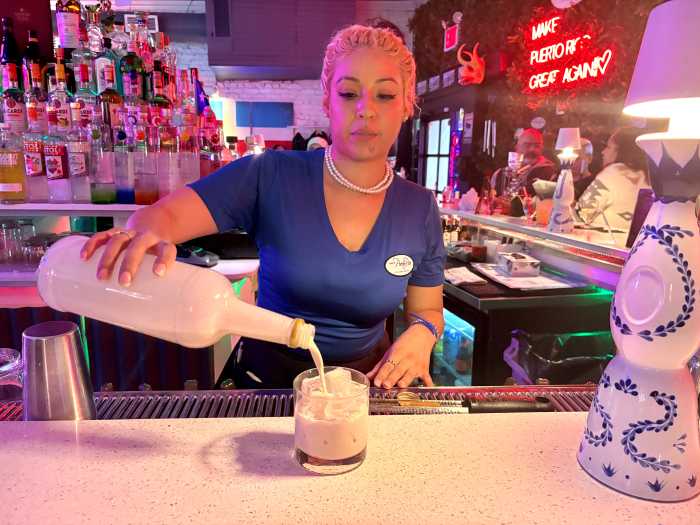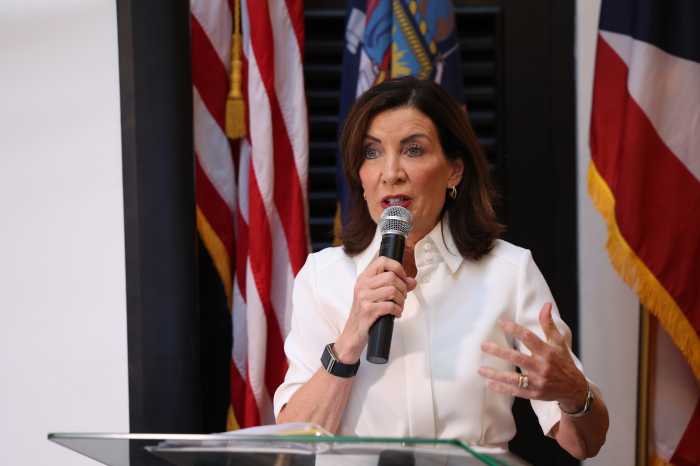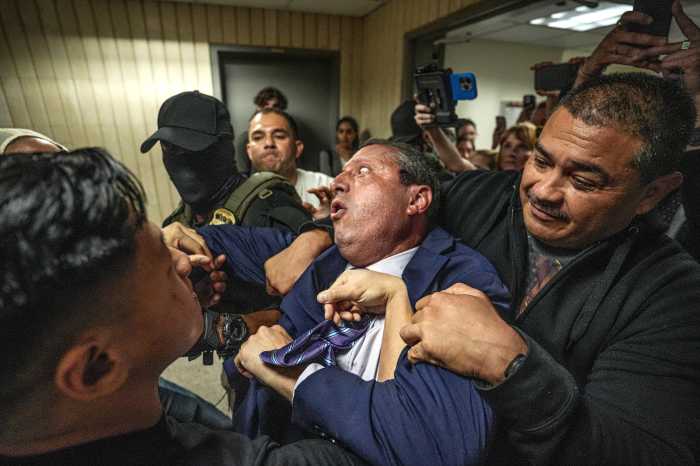The city’s first major facility to serve the LGBT community never turns away a patient
In a stylish gathering of over 360 people, the Michael Callen-Audre Lorde Community Health Center held its third annual Community Health Awards fundraiser on November 18th at the sprawling Tribeca Rooftop penthouse in lower Manhattan. The event raised upwards of $115,000 for the health organization, money which will be directly applied to serving the lesbian, gay, bisexual, transgender (LGBT) and other underserved communities, regardless of patients’ ability to pay.
The Callen-Lorde Center was established in 1983 as The Community Health Project (CHP), which was the merger between St. Mark’s Community Clinic and The Gay Men’s Health Project, two screening and treatment centers whose focus was on combating sexually transmitted diseases. St. Mark’s was a crowded, one-room facility with little more than the bare provisions of medical care. “We were all jammed into one room together, but we managed,” said Dr. Susan Russo, an attendee at Tuesday night’s event, and one-time volunteer at St. Mark’s. Russo has been a financial donor to Callen-Lorde since its inception. “They’re one of the few providers really helping people, and they’ve grown so much and use their money wisely,” said Russo.
The facility occupies a state-of-the-art, 27,000-square foot facility on 18th Street in Chelsea and provides high quality medical, dental and mental health services.
The Center’s name is a tribute to AIDS activist and singer/songwriter, Michael Callen and breast health activist, writer and poet, Audre Lorde. Callen fought an eleven-year battle with AIDS and channeled his artistic talents into activism and community organization. He succumbed to the disease in 1993.
Lorde was a fourteen-year breast cancer survivor whose eloquent words conveyed details of her struggle to the world. Lorde, a prolific writer and activist, who died in 1992, urged women to take active control of their health. Lorde’s daughter, Elizabeth, and her sister, Helen, and Callen’s life partner, Richard Dworkin, were present at the awards ceremony to honor the memory of their loved ones.
The health organization conferred several awards. Congressman Jerrold Nadler, a Manhattan Democrat, received the Community Health Advocate Award. The local affiliate of the Susan G. Komen Breast Cancer Foundation received the Community Health Partner Award. Dr. James F. Braun was acknowledged with the Community Health Provider award. Braun chose Greenwich Village as the location for his practice in 1981, early in the AIDS crisis when the disease was called Gay Related Immune Deficiency (GRID). Through his early AIDS work, Braun became friends with Michael Callen, and in 1990 he became the founding President of Physicians Research Network (PRN), a non-profit organization dedicated to educating clinicians with the most current and unbiased information about HIV and how to treat HIV patients. Today PRN has over 700 member physicians, serving tens of thousands of HIV patients in private practices, clinics, hospitals and research facilities in the New York City area.
Wendy Stark, Callen-Lorde’s deputy executive director, said of the criteria for honorees: “We look for partners, advocates and educators. Dr. Braun has been an important educator and provider in the HIV-related medical community, Jerrold Nadler has always been responsive in advocating for funding at the federal level and the Susan G. Komen Foundation funds breast health outreach, helping to enroll patients who are uninsured.” Commenting on the financial challenges posed by the atmosphere of budget cuts, Stark said, “Well, we’ve had to become much more self-reliant in the past two years, and especially the last year, because funding is diminishing.”
Antonio Poglianich, a co-chairperson on the board of directors, added that the center’s staff has been instrumental in maintaining and securing new financial support, noting particularly the efforts of Paul Fricken, the director of development. “As a non-profit in these times, we’re doing as well as we can,” said Poglianich.
Forty percent of Callen-Lorde’s patients this year were uninsured, including many homeless and runaway LGBT youth, low-income women and LGBT people who are not eligible for insurance under their partners’ benefits.
Some of the most underserved groups cared for by Callen-Lorde include the transgendered and lesbian communities, as well as many youth still questioning their sexual orientation.
Board co-chair Ellen Alpert pointed out that transgendered individuals are often grossly misunderstood by mainstream medical professionals, and many times refused service altogether. “[I’ve heard of] trans people who won’t be seen in emergency rooms,” she said. “We have some horror stories.”
The medical profession has historically underserved lesbians, who account for over fifty percent of Callen-Lorde’s patients, as it does women in general. LGBT or questioning youth are often thrown out of their homes or run away in lieu of coming out to their families, and are often left to fend for themselves on the streets.
Although Callen-Lorde is welcoming to all people regardless of sexual orientation, it remains true to its mission to provide non-judgmental, sensitive health care, with no questions asked, to the LGBT community in particular.
“Seeing a medical provider means we have to come out. And some people still aren’t comfortable with that,” maintained Poglianich.

